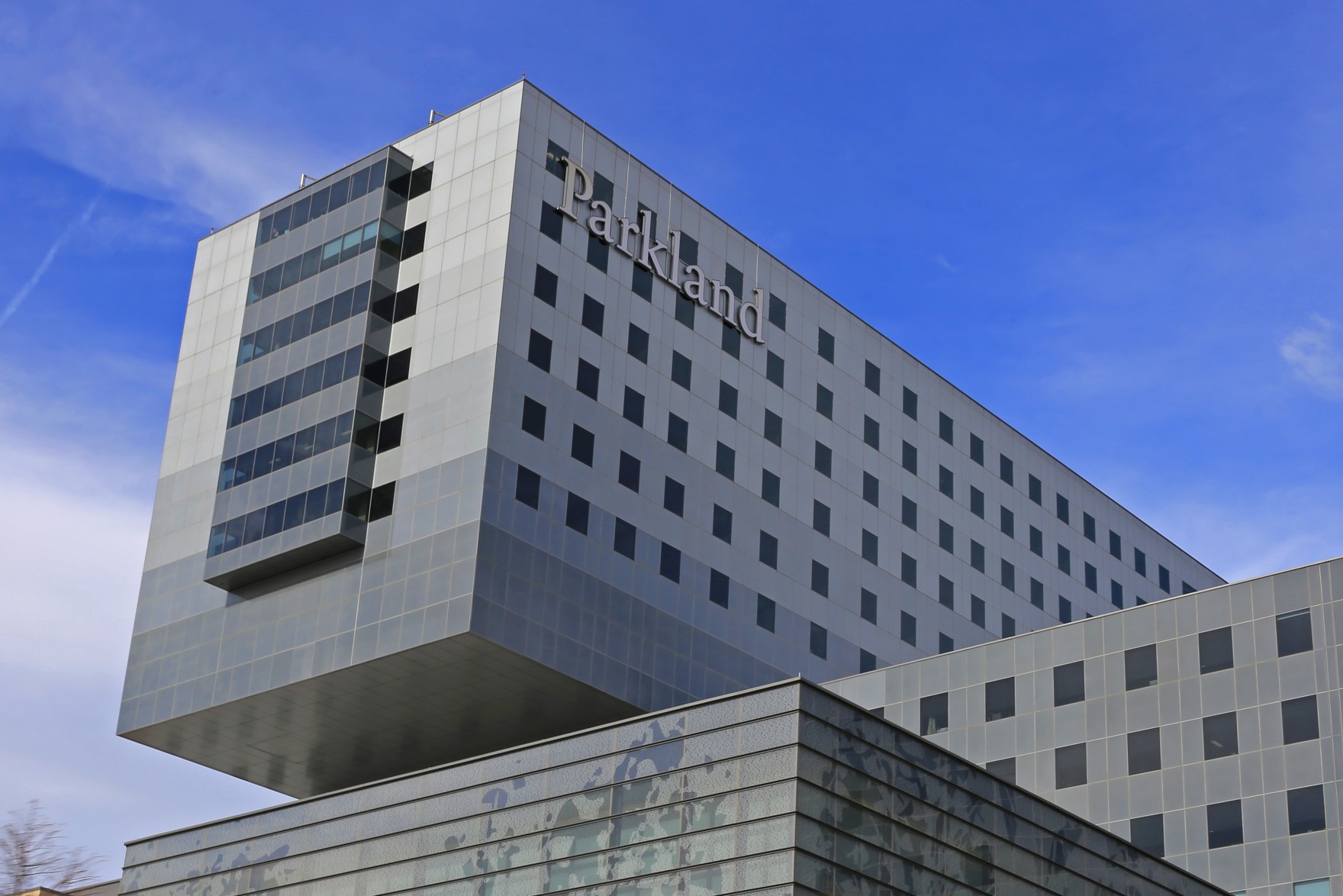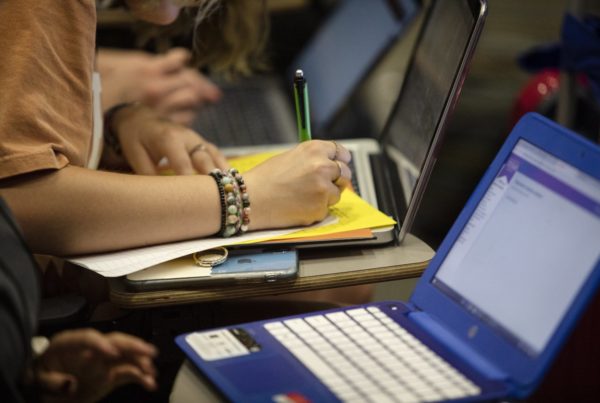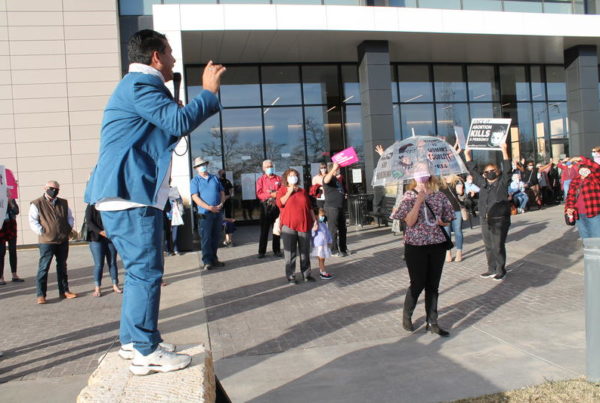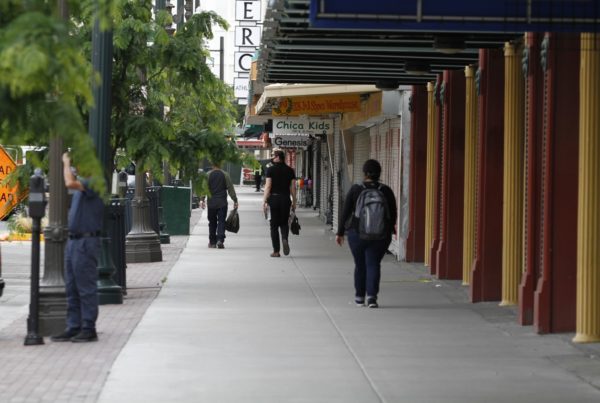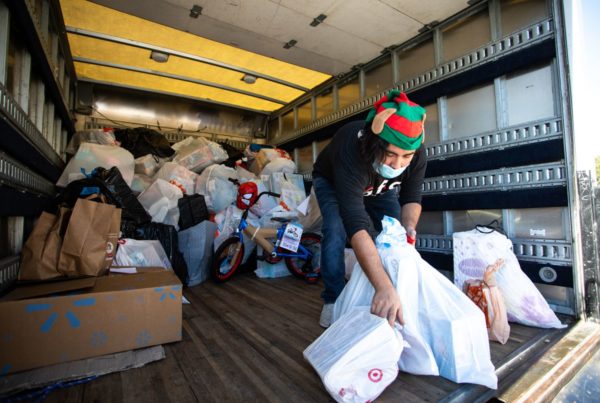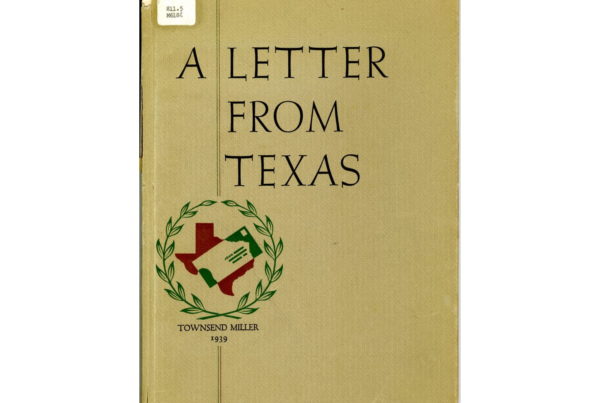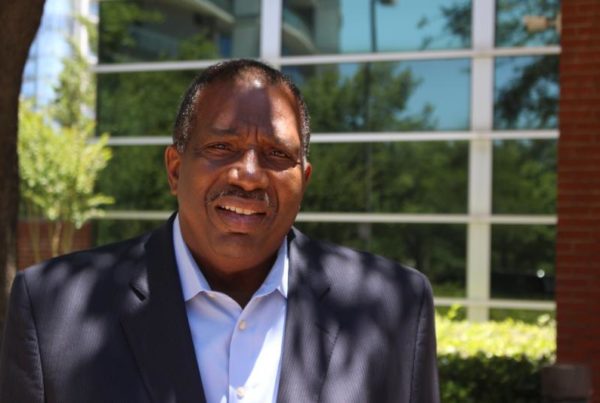From KERA:
On Tuesday, America’s COVID-19 mass vaccination campaign continued. Parkland Memorial Hospital in Dallas was one of the 19 additional hospitals in the state to receive vaccine shipments after the first distribution of doses Monday.
Parkland COVID Unit Nurse Perla Sanchez-Perez was the first to receive a vaccine a the hospital. She said she has a family and wants to keep them safe.
“We’re not the first in the world, we’re not the first in the country, we’re not the first in Dallas. But this is the beginning of the end for us.” @Parkland Chief Medical Officer for Outpatient Services@keranews pic.twitter.com/p43EWh7TCr
— hady mawajdeh (@hadysauce) December 15, 2020
The hospital says it’s done a lot of prepare for this moment. Here’s what you need to know about the hospital’s distribution plan.
Should People Be Concerned About Taking The Vaccine Because It Was Rapidly Developed?
Parkland’s Chief Medical Officer for Outpatient Services Joseph Chang says people shouldn’t be afraid to take the vaccine. While he understands the concern, he says the vaccine passed the necessary procedures to test its safety and efficacy.
“It’s a statement about where we are as a scientific community that we were able to pull this off,” he said, “But people shouldn’t be nervous. The science on this is great. It’s completely by the book. In fact, the science behind these studies is beyond the book.”
He said it usually takes years to develop a vaccine; the fastest vaccine developed, from inception to approval, took four years. But, he said due to scientific innovation, that time’s been cut down to the 6-8 months it took to develop the COVID-19 vaccine.
At a press conference on Tuesday afternoon, he urged the public to take the vaccine.
“This vaccine has killed zero people,” Chang said. “But the coronavirus is killing people everyday. Do it. Take the vaccine. Do it for the nurses and doctors who’ve held hands of people passing away.”
Is Parkland Prepared If Emergency Medical Staff Experience Side Effects From The Vaccine?
Chang said staff have been asked to get the vaccine the before their day off, so that they can allow time for their side effects to subside. He said studies show side-effects usually fade within 48 hours.
“I want to say this about side effects though, they have been really positive,” he said. “Yes, some people have reported fever, body aches, fatigue and stuff like that. But only 2% of those folks say it actually affected their lives.”
Will The Vaccine Help Decrease Stress Levels For Healthcare Workers?
Chang said “one-hundred percent.” The vaccine will make it easier for those working in the ICU, he said. Just knowing the vaccine was on its way was a mental boost.
“We can see the end!,” Chang said. “Just the fact that we can see tracking numbers for these vaccines when they were on planes and trucks getting shipped to our hospital is a light at the end of the tunnel.”
How Has Parkland Prepared To Receive The Vaccine?
The hospital has planning for roughly six weeks, Chang said. He said Pfizer and the state reached out to the hospital and had a back-and-forth conversation. Parkland also provided some expertise about the process of mass vaccination, which they’re familiar with due to their flu vaccine distribution.
He said the hospital’s also been talking with Pfizer about plans to receive the second dose. Patients must receive a second dose of the Pfizer vaccine to build up full immunity.
“We needed to make sure there was a plan for getting the second batch of treatments,” he said. “We also talked with them about what we would do if we couldn’t get all the doses taken.”
The hospital’s also prepared contingency plans with sister hospitals about what to do with patients if too many staff members are out.
“Look, we start giving out the doses on Tuesday,” he said. “We will definitely need to put out some fires here and there. But I think we’re going about our plan in the ways we’ve planned. And I’m confident in that.”
Got a tip? Email Hady Mawajdeh at hady@KERA.org. You can follow Hady on Twitter @hadysauce.


